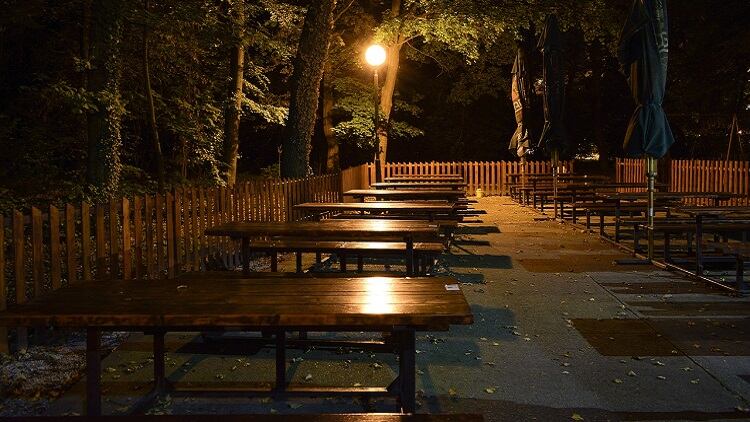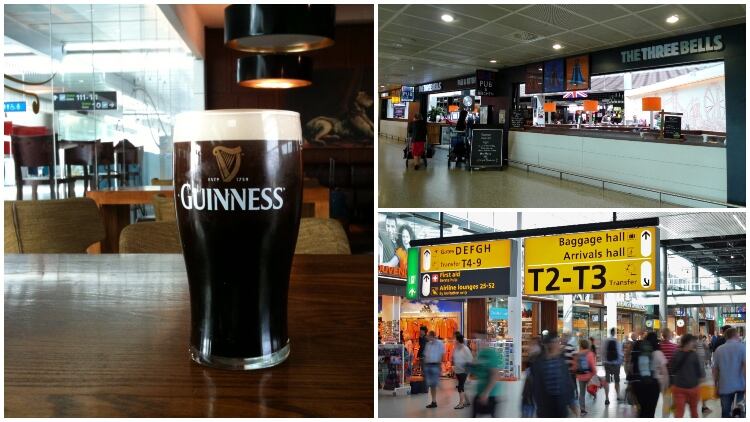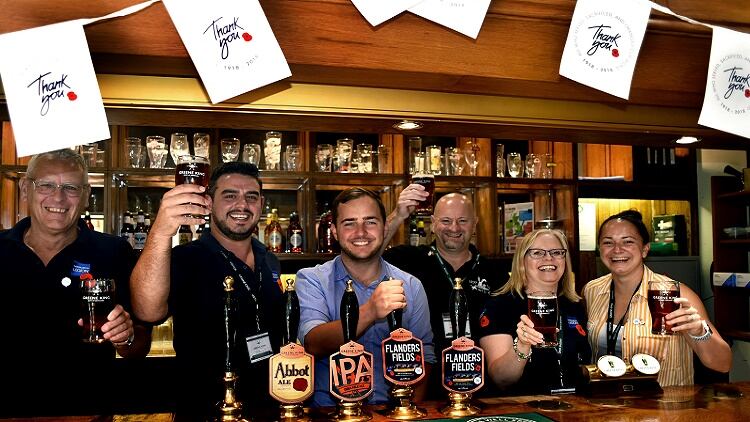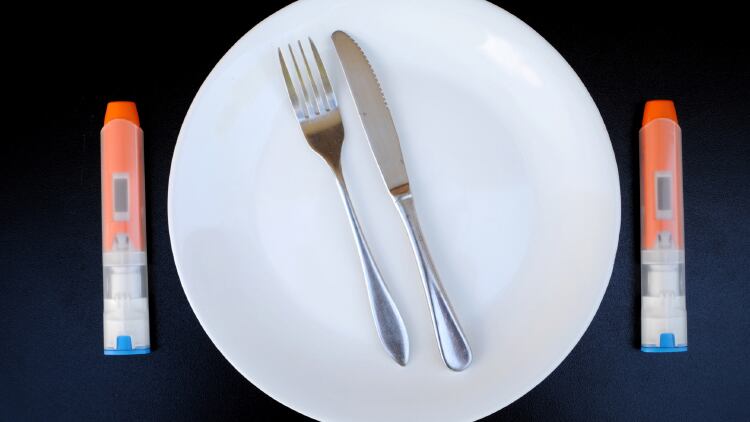Modern technology and improved means of communication are keeping pubs and clubs safer, but there is still much more to be done to help avoid ever-present issues.
National Pubwatch, the voluntary organisation that supports existing Pubwatch schemes and encourages the creation of new ones, says that while the same issues of refusing entry, refusal to sell, drink spiking and domestic violence continue to crop up, there has been an improvement in dealing with them. Getting pubs to work together to identify the main problems, better communication and working with the police and enforcement agencies to resolve issues have all gained traction, says National Pubwatch chairman Steve Baker.
The rise of CCTV and social media has played a crucial role. There are several million CCTV surveillance cameras in use in the UK today. Richard Smith, licensee of the Roundabout in Plymouth, Devon, and a regional rep for National Pubwatch, says: “In Plymouth, we communicate with all our sites on a daily basis via Facebook. If we hear of a break-in then we can share CCTV, we can share information and we can try to obtain a description or a name.”
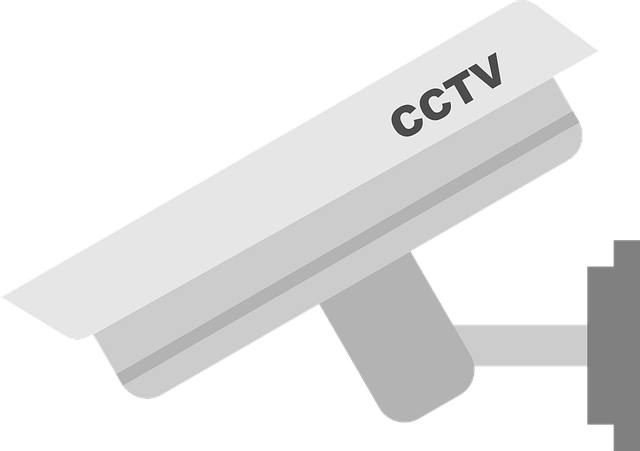
Spotting a potential crime
In one pub incident, a potential crime was spotted and the local Plymouth Pubwatch group was quickly alerted. Smith adds: “In turn, a picture was posted from an original CCTV capture to a closed social media group page only available to Pubwatch members and accredited venues. It was also shared with Plymouth Against Retail Crime, an initiative involving the police, the City Centre Company, Plymouth City Council, the Youth Offending Service, Storenet Radio Link, the Chamber of Commerce and retailers.”
Smith says there is now more control over people drinking in pubs which has created a safer environment for people. In the past 10 years, different styles of security have been developed, for example, the Ask Angela initiative in which anyone can go to a bar and alert staff to their fears by ‘Asking for Angela.’
“We’ve also stopped at least two attacks on females in the past 18 months due to the fact that we work with taxi drivers, the police, other agencies and door security,” explains Smith.
“Also there are fewer break-ins and fruit machine robberies than there used to be because of more CCTV and smart technology including smart water technology that sprays a person with a dye that doesn’t come off for months.”
Coming more to the fore now, he says, are mental health issues and initiatives on how to deal with them.
Baker says there are numerous similar examples around the country. “Finalists in our national awards have reported quite significant reductions in crime because of their Pubwatch schemes.”
Although there have been significant improvements, progress can still be made, he adds. “There are one or two police forces withholding some information because of data protection while most forces are happy to work with us.” And such attitudes could impact the ability of pubs to deal with drugs – one of the main security threats facing licensees today.

Gateway to violent activity
Drugs are a serious problem that could lead to other criminal activity including extortion and violence. Ultimately, it could result in closure of an outlet. High standards of cleanliness and service, and keeping a high profile at the pub by being there regularly, knowing customers, making your presence felt and staying alert, are powerful deterrents to the drugs trade, a guide produced by the British Beer & Pub Association (BBPA) says.
Called Drugs and Pubs: A Guide for Licensees, it says a ‘don’t care’ management attitude, and premises with uncollected glasses and sloppy service, are as good as a written invitation to those involved in the drugs trade.
Tell-tale signs of drug use
The guide, available on the BBPA website, lists dozens of tell-tale signs of drug use, customer behaviour patterns and ways staff can monitor their premises. It advises licensees to take control by working with the police and joining local Pubwatch schemes and by keeping company management informed of incidents or suspicions.
“Never ignore a small problem in the hope that it will go away,” it advises. “By turning a blind eye you are encouraging further illegal activity. Use judgement and common sense in deciding when to handle a problem yourself and when to call the police.”
If it is necessary to approach a customer about an incident, the guide recommends a calm approach. “Avoid provoking anger or aggression. Tell minor offenders firmly, but politely, that such activities are not allowed in your pub. Depersonalise the situation by emphasising your legal obligations.
“Explain that you could lose your licence for allowing drug-taking or dealing to take place. Give facts, not opinions or moral judgments. Always allow offenders the opportunity to back down without losing face.”
An added layer of security
Doormen can provide an added layer of security, of course, and technology is a key driver here too.
UKHospitality member Regency Security Group has introduced software that allows what it calls “instant notifications of bluelights” for venues. Commercial manager Caroline Brown said in a blog: “Direct from the head supervisor of a venue, a notification can be cascaded down to key individuals within seconds of any reported incident.”
The licensed door supervisor industry is growing fast. However, the number of SIA (Security Industry Authority) licences issued has dropped in the past six years.
Brown says that since 2013, there has been a 40% drop in renewals due to a number of factors, so Regency has initiatives to improve finances and training for the private security sector to make careers more appealing.
It is the issue of terrorism, however, that has become a particular and growing concern in recent years, particularly in crowded environments.
A real and serious danger
Terrorist attacks in the UK are a real and serious danger. Basic good housekeeping cuts opportunities for placing suspect packages and helps deal with false alarms and hoaxes, says the National Counter Terrorism Security Office (NaCTSO), the police unit that helps support the Government’s counter terrorism strategy and which works with the Home Office.
It recommends that licensees search premises inside and out before, during and after opening hours; remain vigilant during opening hours; and ensure emergency exits are secured when not in use.
Evacuation responsibilities and roles must be clearly communicated to staff, routes and exits must be well defined and evacuation plans exercised regularly.
NaCTSO also advises that it may be safer to stay inside a building if the threat is outside, and to consider the possibility of a multiple attack and the need to move people away from other areas of potential danger, which may include glazing. Anyone with suspicions of terrorist related activity can call the Anti-Terrorist hotline on 0800 789 321 or, in an emergency, call 999. Crowded places guidance and protective security advice from NaCTSO can be found on the BBPA website.
Drunkenness poster campaign
The BBPA has also tackled the issue of drunkenness, another potential security issue. With input from the Home Office and in support of its Modern Crime Prevention Strategy, the BBPA has rejuvenated its poster campaign designed for use by licensed premises. This will help raise awareness of the laws on buying alcohol for a drunk person or knowingly selling alcohol to a drunk person.
It has worked alongside Drinkaware and National Pubwatch to create the campaign, which aims to support staff in upholding the law and ensuring a safe and friendly drinking environment for all.
The posters are free for licensees to download from the BBPA and Drinkaware websites. Two animations based on research commissioned from YouGov to gauge current awareness of the law can be found on the BBPA website.

